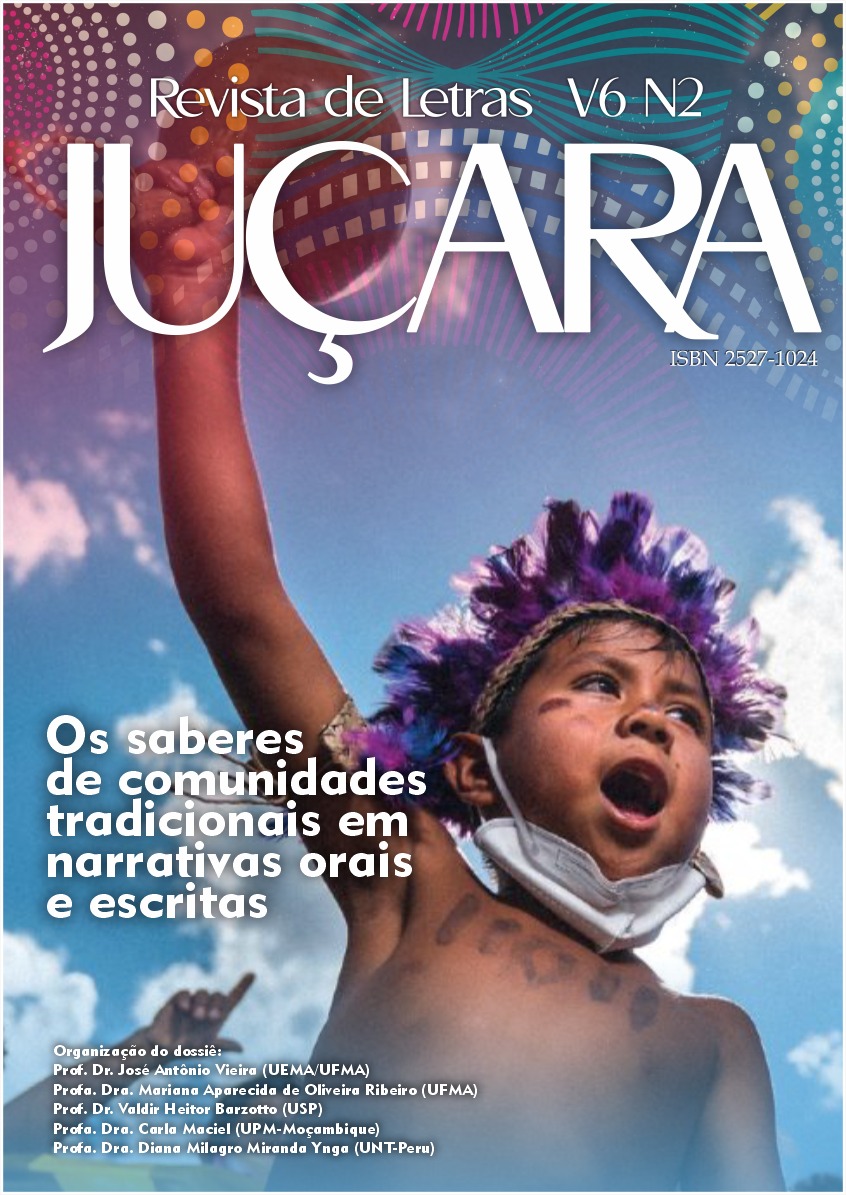MAFALALA: "A SOCIO-CULTURAL RELIC" TO BE DISCOVERED
DOI:
https://doi.org/10.18817/rlj.v6i2.3107Abstract
Abstract: The object of study of the present research is the mythical Bairro da Mafalala, located in the outskirts of Maputo City. This is an integral part of the project "Narratives of Tufo of Mafalala ", which is included in the major project "Linguistic and cultural diversities in oral and written narratives as a vector for sustainable development of traditional communities in Brazil, Argentina, Peru, and Mozambique". Our research questions are: (1) Which socio-historical and cultural factors contributed to the foundation of Mafalala Neighbourhood? (2) What is the linguistic, artistic, and cultural background of Mafalala neighbourhood? (3) To what extent has "O Tufo of Mafalala" suffered contextual influence and is it sustainable?. In search of an answer to the proposed questions, after the contextualization, we presented the review of studies on the linguistic situation of Mozambique, DIAS (2010), NHAMPOCA (2021), FIRMINO (2000), SITOE & NGUNGA (2000), CHIMBUTANE (2015) and revisited research concerning the historiography of Maputo City and the peripheral neighbourhoods, namely, SARAMAGO (2019), MORAIS et.at. (2016), MELO (2013) and ROSA (2002). To substantiate the sociocultural and linguistic characteristics, we resorted to NOA (2020) and LE BON (2015). Next, we described the methodology of data collection and analysis which consisted of bibliographic research and content analysis of the interviews conducted within the scope of this project. Finally, we presented the study's conclusions.
Keywords: Mafalala; Tufo; linguistic and cultural diversity
Downloads
Published
How to Cite
Issue
Section
License
Copyright (c) 2022 Ernesto Guimino Junior

This work is licensed under a Creative Commons Attribution 4.0 International License.
A submissão de originais para a Revista de Letras Juçara implica na transferência, pelos autores, dos direitos de publicação. Os direitos autorais para os artigos publicados nesta revista são do autor, com direitos da revista sobre a primeira publicação. Os autores somente poderão utilizar os mesmos resultados em outras publicações indicando claramente a Revista de Letras Juçara como o meio da publicação original.


